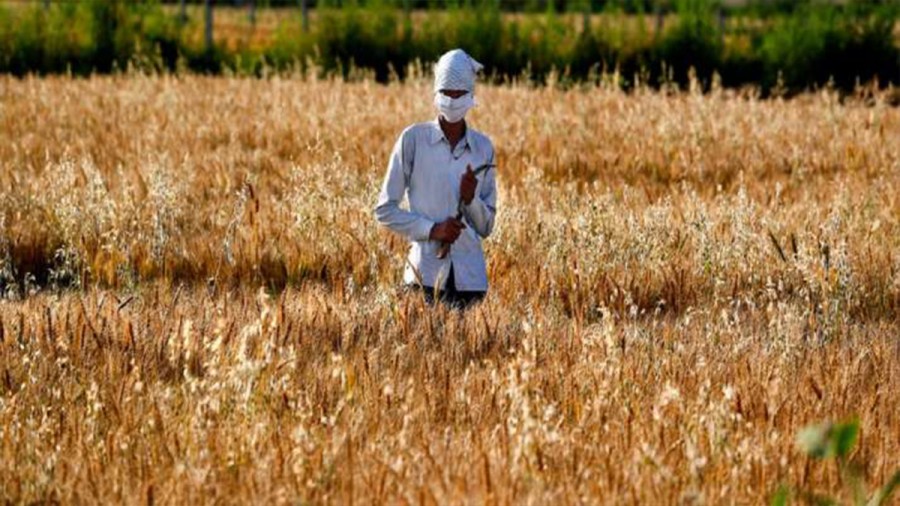List of Activities that will be Permitted from April 20th during Lockdown 2.0
A notification has been issued by the Ministry of Home Affairs, allowing important industries to function during this lockdown for the welfare of farmers and daily wage workers who are worst affected due to the coronavirus pandemic in India. The trades can operate from April 20 to maintain an efficient supply chain. Check out the list of activities that will be allowed.
by Monika
Updated: Apr 15, 2020 13:00 IST

Industrial Activities will be allowed from April 20, 2020.
The farmers and daily wage workers are the primary victims who have been affected economically due to the COVID-19 lockdown in India. The government has decided to allow a few activities to help maintain an efficient supply chain and for the welfare of farmers and daily wage workers.
The notification published by the Home Ministry read, "The permitted activities from April 20, 2020, are aimed at ensuring that agricultural and related activities remain fully functional; the rural economy functions with maximum efficiency; employment opportunities are created for daily wage earners and other members of the labor force; select industrial activities are allowed to resume their operations, with adequate safeguards and mandatory standard operating protocols (SOPs); and the digital economy,"
Below mentioned is the list of activities that will be permitted after April 20, 2020.
Road construction and building projects in rural areas will be allowed
Transportation of goods will be allowed irrespective of essential and non-essential.
All agricultural and horticultural activities shall be fully functional such as - farming activities in the field by farmers and farm workers, agricultural marketing through Mandis and direct and decentralized marketing; manufacture, distribution and selling of pesticides, fertilizers and seeds; marine activities and inland fisheries; animal farming activities which include supply chain of milk and milk products, poultry, and livestock farming; tea, coffee, and other important plantations will remain functional.
In order to drift the rural economy, industries operating in rural areas such as food processing industries, road constructions, irrigation projects, buildings, and industrial projects in rural areas; work under MNREGA, with priority to irrigation and water conservation works. Such activities will create job opportunities for agricultural labor and migrant labor force.
Manufacturing and industrial establishments with access control have been allowed in SEZs, EoUs, industrial estates, and industrial townships after implementation of SOP for social distancing. IT hardware and essential goods manufacture and packaging are also allowed. Coal, mineral, and oil production are permitted activities. It is expected that the industrial and manufacturing sectors will resurge with these measures, creating job opportunities while maintaining safety measures and social distancing. Similarly, financial areas such as RBI, banks, ATM's capital, and debt markets, as notified by SEBI and insurance companies, will also remain operational to provide liquidity and credit support to the industrial sectors.
The digital economy is vital for national growth and critical to the services sector. E-commerce operations, IT operations, and IT-enabled services, data and call centers for government activities will be allowed. Online teaching and distance learning will also be permitted.
All health services and social sectors will remain functional, public utilities, and supply chain of essential goods without any hindrance; and, essential offices of State and Central Government and local bodies will function with the required strength.
With strict implementation of social distancing and face mask, MNREGA workers will be allowed.
As suggested by MHA, the employers will have to abide by rigorous safety measures which are as follows:
Mandatory to wear face masks in workplaces
Compulsory temperature screening and sanitizers at workplace
No large group meetings, no shift overlaps. A gap of 1 hour in between shifts to be maintained
Promote use of Arogya Setu
Stay within the company's premises or 'adjacent buildings.'
Employers should arrange transportation.
